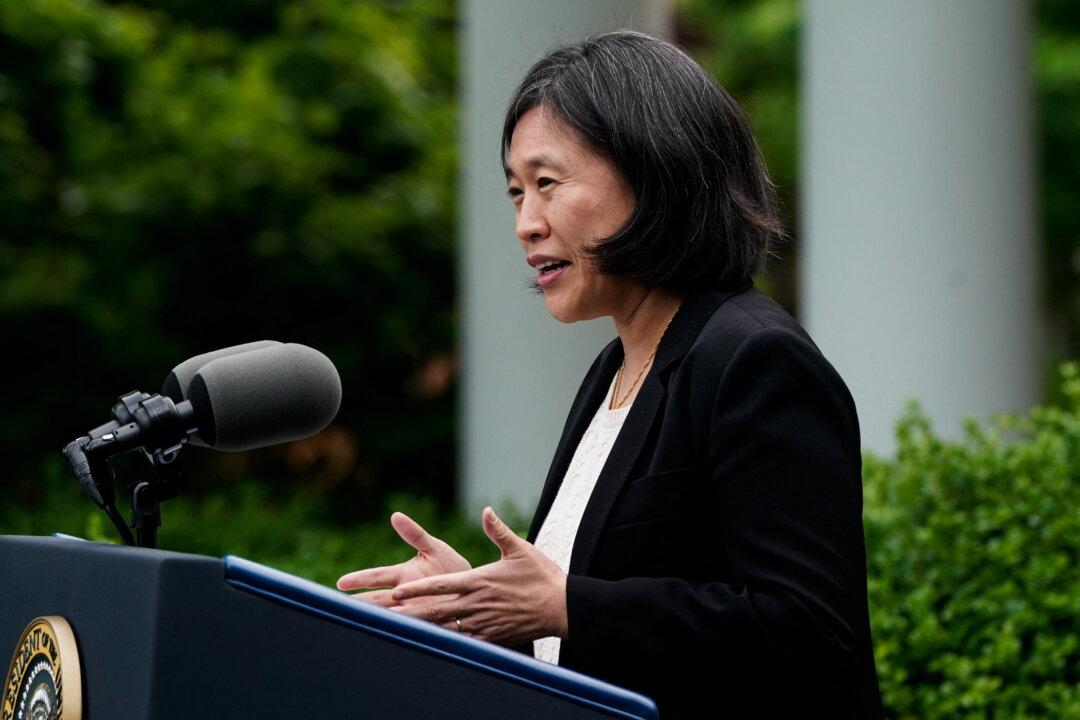The Office of the United States Trade Representative (USTR) announced plans for opening an online portal for public comments for the statutory four-year review of China 301 Tariffs.
USTR plans to open an online portal, https://comments.USTR.gov, to the public on Nov. 15, for comments from interested parties.




